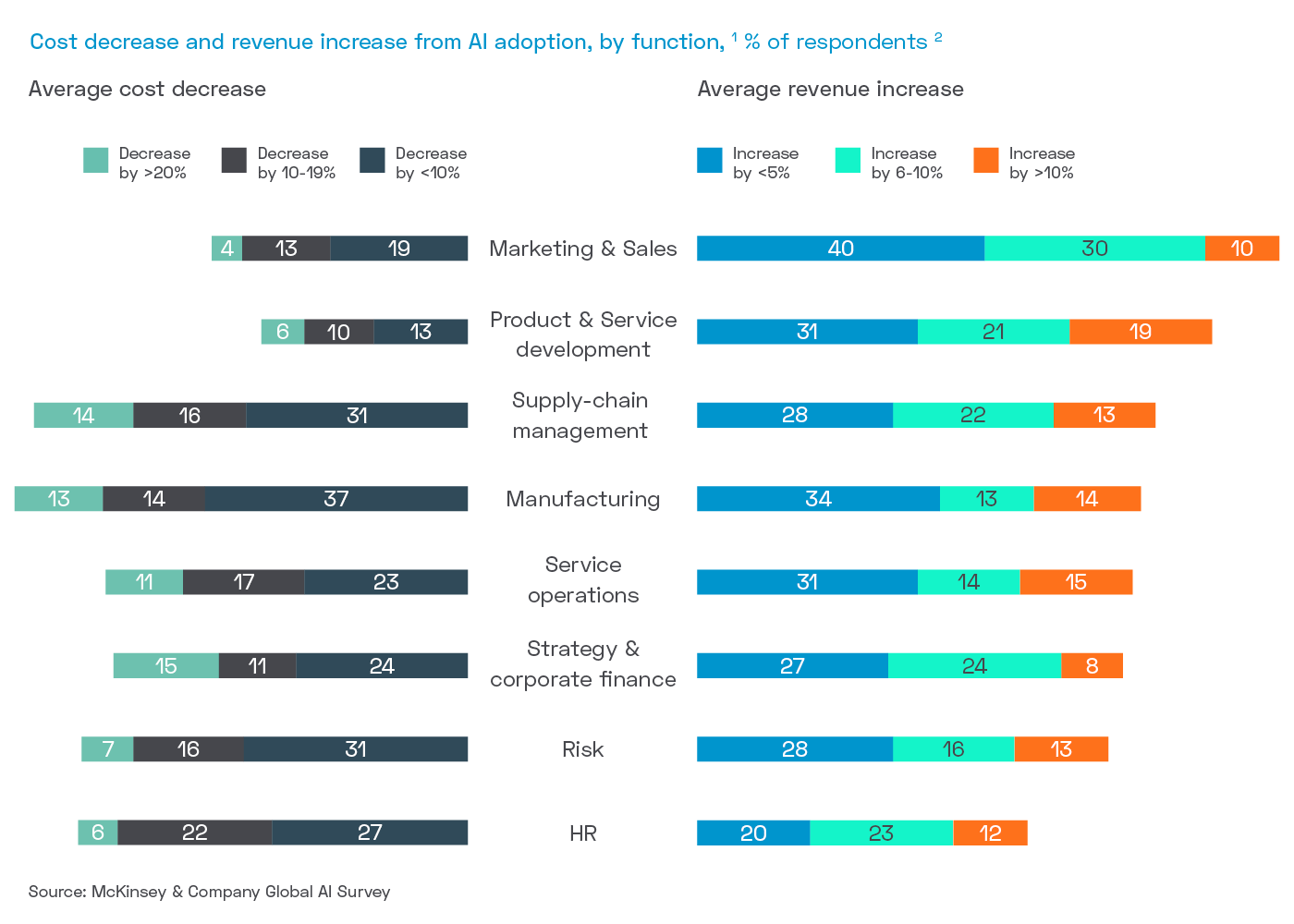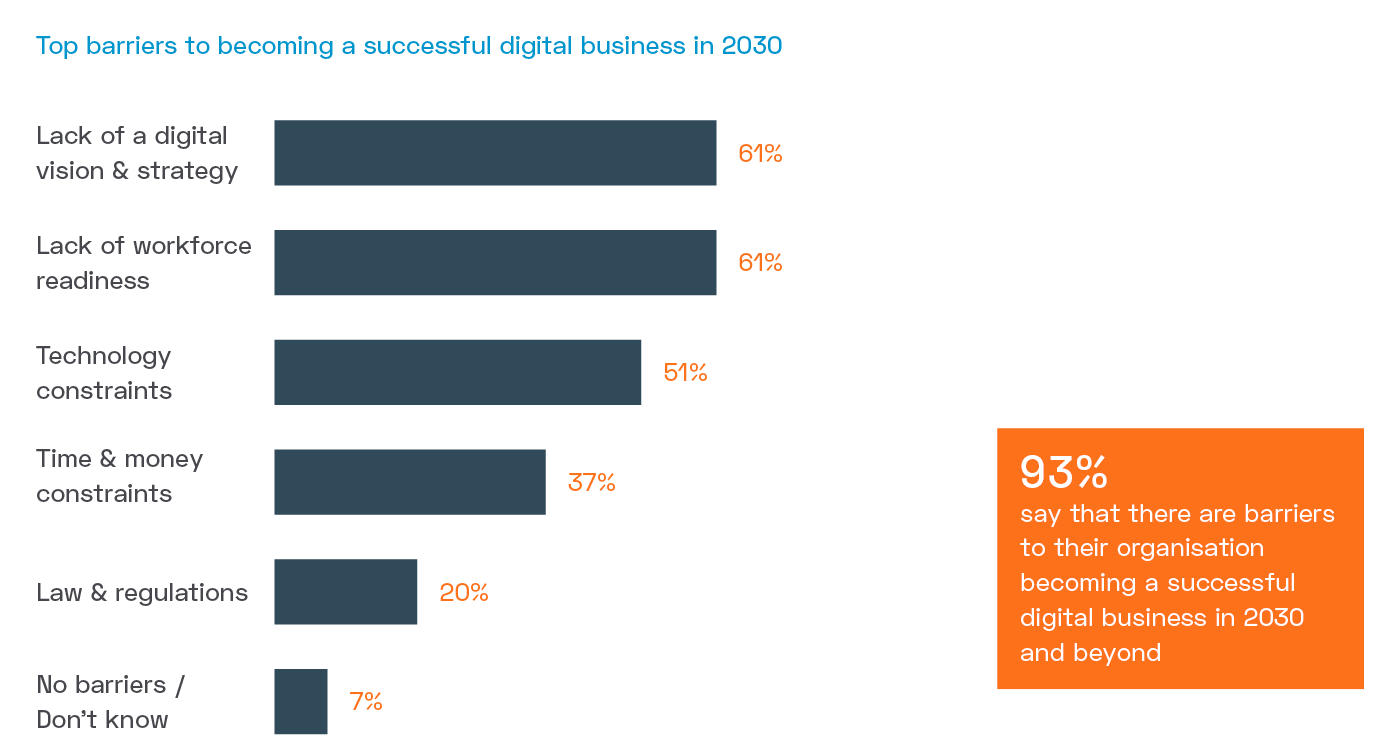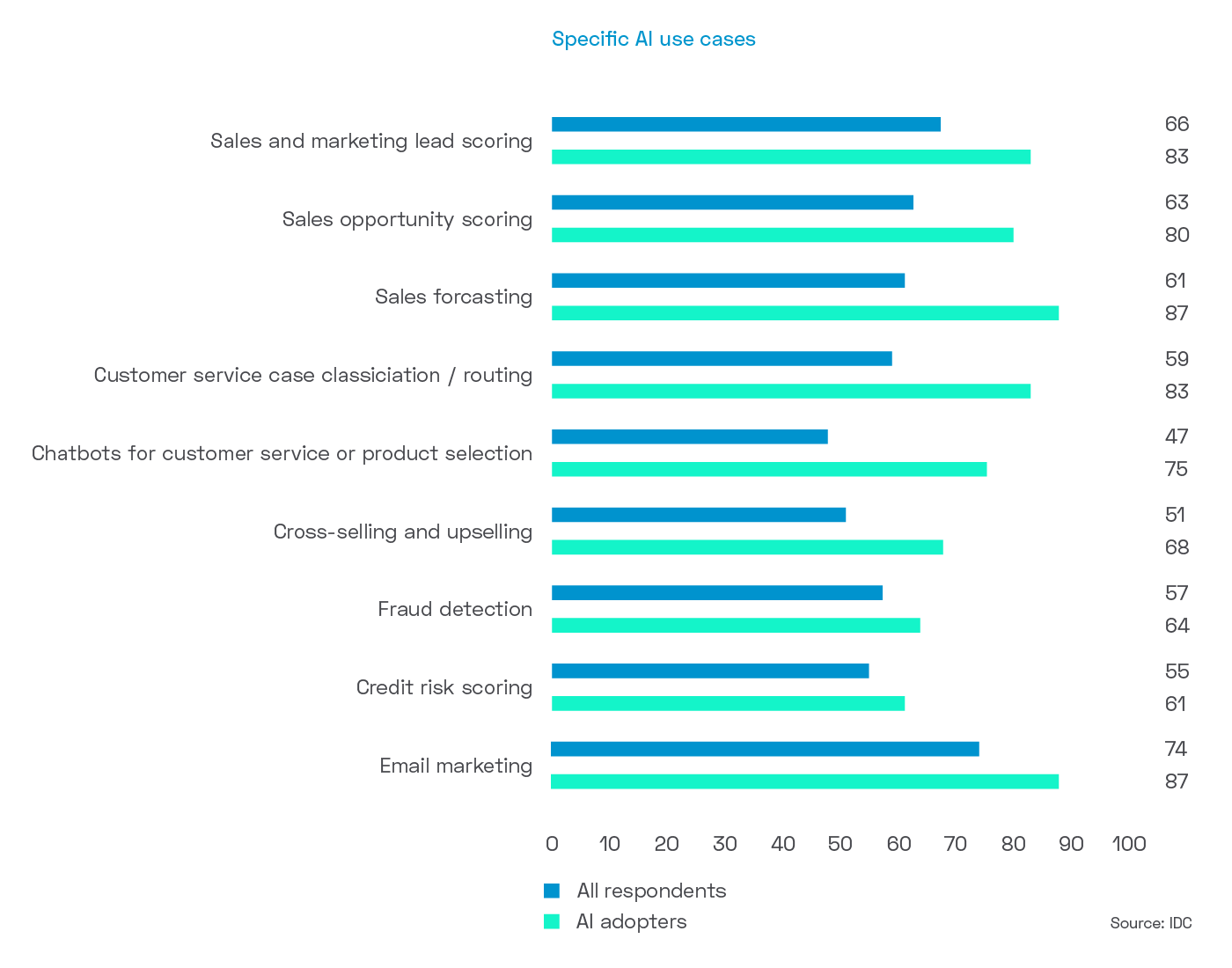In the digital age, one of the major challenges facing all companies is managing customer relationships. Customer service is no longer an isolated department within large organisations, receiving phone calls from customers as and when there’s an issue to be dealt with.
Customer service now spans omni-channels, enabling businesses and brands to engage with their customers in real-time, via social media, email, SMS, live chat and in-app chat features.
Traditional customer service departments, with their IVR telephone systems, requesting that customers ‘press one for billing and payments’ simply don’t cut it in the digital world. Customer now expect the brands they love to not only have a more personal relationship with them, but to reach out to them, proactively, in the way they’re most comfortable with and via the channels they are already using. This is even more important when you consider that the channels they are already using are increasingly where purchase decisions are made. According to a Global Consumer Insights Survey from PwC, social networks are now the online media most used for purchase inspiration, ahead of individual retailer websites and independent price comparison websites.

The new role of customer service
Customer service is no longer just about solving issues, but about identifying, and even anticipating the customer’s needs, and being available to them wherever they live their digital lives, whether that is Facebook, Instagram, WhatsApp or their preferred messenger service. Businesses that care about customer relationships don’t wait for customers to come to them, they make themselves omnipresent and digitally available to their customers at all times. Customer expectations in the digital world have gone far beyond where they were previously, and customer engagement strategies need to keep up.
- 75% of customers are more likely to purchase from a company that knows their name, purchase history and recommends relevant products
- Over 50% expect a response from customer service within an hour, even on weekends
- 33% who had recently ended their relationship with a company did so because they felt their customer experience wasn’t personalised enough
- 66% have used three or more communication channels to contact a brand’s customer service
- 73% use more than one channel during their shopping journey
The possibilities to connect with and serve customers in a way that is carefully tailored to their needs are endless, but none of this is achievable without the right software, processes and presence. Data-driven digital systems can build on sales, enhance customer experience, and predict what the next stage in the customer relationship might be.
When a customer makes a purchase, the business needs to follow up with additional, but highly targeted, suggestions, offers and complimentary services. This is not something that can be achieved manually, of course. Artificial Intelligence is needed to build these pathways and open up these opportunities. Its adoption is becoming vital to those brands that want to maximise customer experience and increase sales revenue.
The findings of the latest McKinsey Global AI Survey indicate an increase of nearly 25% year-on-year in the use of AI in standard business processes, with a significant number of companies now using AI in some form across multiple areas of their business. It’s working for them, and not just in terms of more engaged or satisfied customers. The data clearly shows a strong correlation between the adoption of AI and an increase in marketing and sales revenue.

It may seem counter-intuitive that an increase in AI usage ultimately leads to a more personal experience for real-world customers, but there are obvious reasons behind the correlation. Part of the new challenge for companies in the digital era is to be consistent, recognising their customers, across the various channels where they may have contact with them. Companies need a way to consolidate data, build personalised, smart and responsive customer profiles, and treat each customer as an individual. So how exactly are they supposed to do this, and what are the barriers standing in their way?
Are companies ready for the digital transformation?
In spite of recent advances in smart technology, research by Dell Technologies found that 93% of survey respondents reported they feel there are barriers that will prevent them becoming a successful digital business in 2030 and beyond. Over 50% state that technology restraints will stand in their way, and over 60% said they lack a digital vision and strategy to take them forward.

It will come as welcome news to many of these companies that some AI advancements are not as far beyond their current capabilities as they might imagine. There are companies working hard to develop solutions that any B2B or B2C enterprise can adopt with minimum disruption to their business processes. These companies aim to help accelerate the development of advanced solutions for their customers, reduce the risks of implementation, and enhance user adoption, with the ultimate aim of quickly fuelling customer retention for their clients.
The solutions are out there
An example is the Salesforce Customer 360 programme, catering to businesses who may feel the digital capabilities they need are beyond them. Being consistent and effective in your customer relationships is challenging when customer data is spread across multiple disparate databases. Consolidating that data can seem like an overwhelming task. Customer 360, however, integrates customer data from different sources in order to create a unified customer ID and build an in-depth view of the customer. It allows companies to connect any app, data source or device, across any cloud service or server, building customer profiles based on information gathered across various platforms. Ultimately this provides customers with a more consistent, personalised and unique experience.
However, the Customer 360 solution allows for much more than data unification and streamlining. It incorporates a consent management framework, advanced audience segmentation, and personalised customer engagement options. Furthermore, it provides insights that actually help companies analyse and understand how and when to engage with customers — not just to make the next sale, but also to meet less concrete goals, such as improving brand awareness and customer loyalty. As Salesforce CEO Marc Benioff has said:
“In the years to come, machine learning and artificial intelligence will probably make or break your business. Success will involve using these tools to understand your customers like never before so that you can deliver more intelligent, personalized experiences.”
Sales, marketing, customer service, and AI
While there are many uses for AI, across a range of business processes, research from IDC suggests that the most common areas of AI usage in modern businesses are mostly related to sales, marketing and customer service.

Centralised data can be particularly important in a world where sales, marketing and customer service are closely integrated with social channels. Customers expect companies to show up consistently across all their channels, with a strong and predictable brand identity and message. If a company presents itself in a certain way on one platform, that needs to carry over to other platforms. If they say they will respond to queries within an hour, they need to do so across all channels.
If a company seems to have personal knowledge of a customer’s likes and preferences on one social site, that knowledge needs to carry over to other social sites. Branding has long been referred to as the process of building a company’s personality. With the ability to interact and engage with customers across multiple channels, comes more responsibility to present a stable and consistent ‘personality’.
But how do customers feel about AI managing their relationships?
The nuances of CRM via AI are being welcomed by customers, who have been rejecting the one-size-fits-all, hard-sell technique previously employed by so many sales departments for years. AI is capable of making customers feel listened to rather than talked at, served rather than sold to, offered a product that suits their current needs, rather than the product that makes the company the most money. The idea of being able to meet your customers where they are takes this a step further, as you’re often meeting them where they go to socialise and be entertained.
Facebook Messenger chatbots are a great example of this. They may be fully automated, but they pop up to chat to customers in a space where they are used to chatting with friends and family. Recent increases in their capabilities mean that whole transactions can be conducted right there and then. KLM Royal Dutch Airways, for example, now has a Facebook messenger chatbot with a wide enough range of automated responses that users can easily book a flight entirely through a conversation with the AI. The chatbot has a warm conversational manner, and many customers find themselves only resorting to a conversation with a company agent if absolutely necessary.
The next step for CRM teams
So, what do executives need to do to move past those perceived barriers we talked about? A first step is realising that a lot of them are just that — perceived barriers, not real ones. With B2B companies like Salesforce developing advanced platforms and solutions, the barriers are reduced. Issues such as a lack of workforce readiness or technology constraints are suddenly surmountable. Even the concerns around laws and regulations are being factored into the new technology, with in-built consent management frameworks in place to integrate customer permissions around email marketing and other messaging systems.
There is also the ongoing concern around whether customers actually want their relationships with brands managed by AI, but the evidence there is starting to become overwhelmingly positive too. Customers, on the whole, don’t mind the chatbots and the personalised recommendations. In fact, they appreciate them. What’s more, they’re considerably more likely to make repeat purchases when customer engagement is well managed, and carefully customised, using digital solutions on an increasingly exclusive basis.
It is becoming increasingly obvious that a fully integrated, responsive, digital CRM system is possibly the most useful and essential of all modern sales and support tools, which is good news, because it is easier than it has ever been to implement one.
It's Time To
Take Off!
Lets Talk About Your Next Project...
©2024 AdaptIQ. All rights reserved.
Wellington
99B, Westchester Drive
Churton Park
Wellington
New Zealand
6037
London
4th Floor, 18 St. Cross Street, London EC1N 8UN
Kent
The Innovation Centre Medway Maidstone Road Chatham ME5 9FD
Coimbatore (India)
No 281, 3rd floor,
Arima Wakefield,
Avinashi Road,
Peelamedu,
Coimbatore,
Tamil Nadu,
641004
Bangalore (India)
308, Brigade Rubix Building,
HMT Main road,
Jalahalli,
Bangalore,
Karnataka,
560021
Privacy Policy
Business Number: 9429048421973